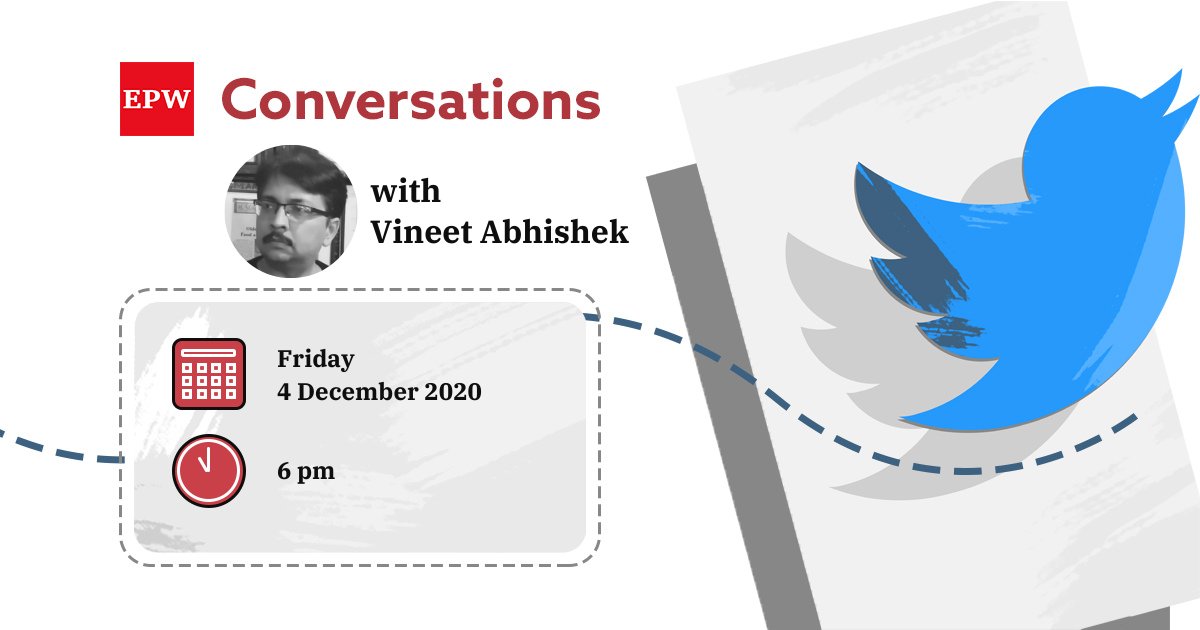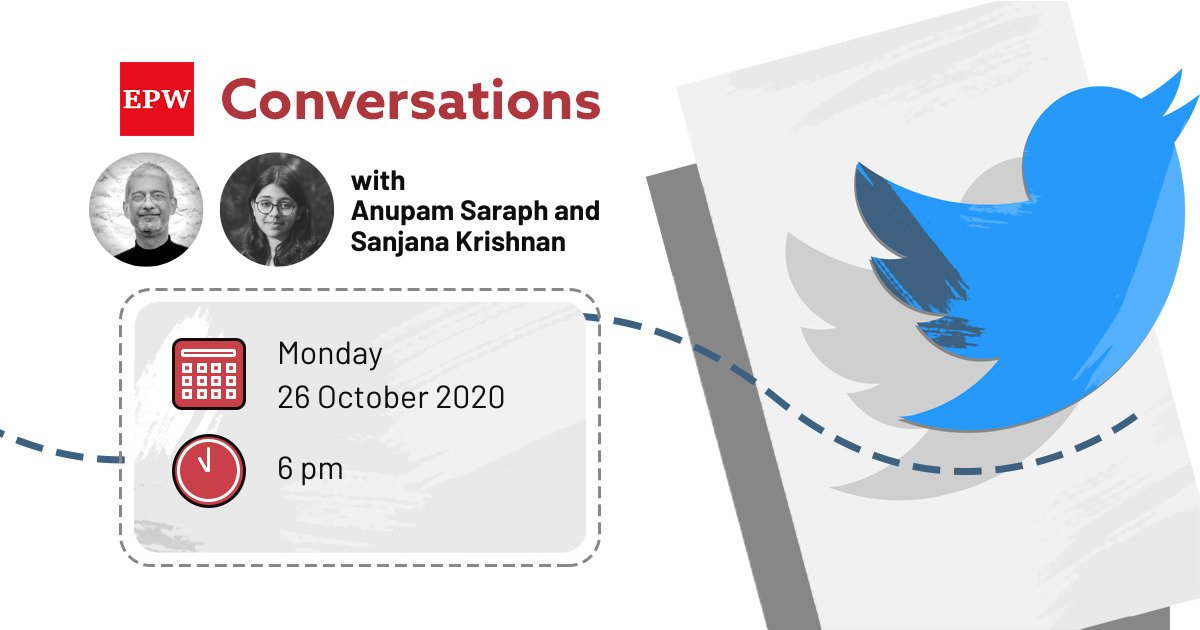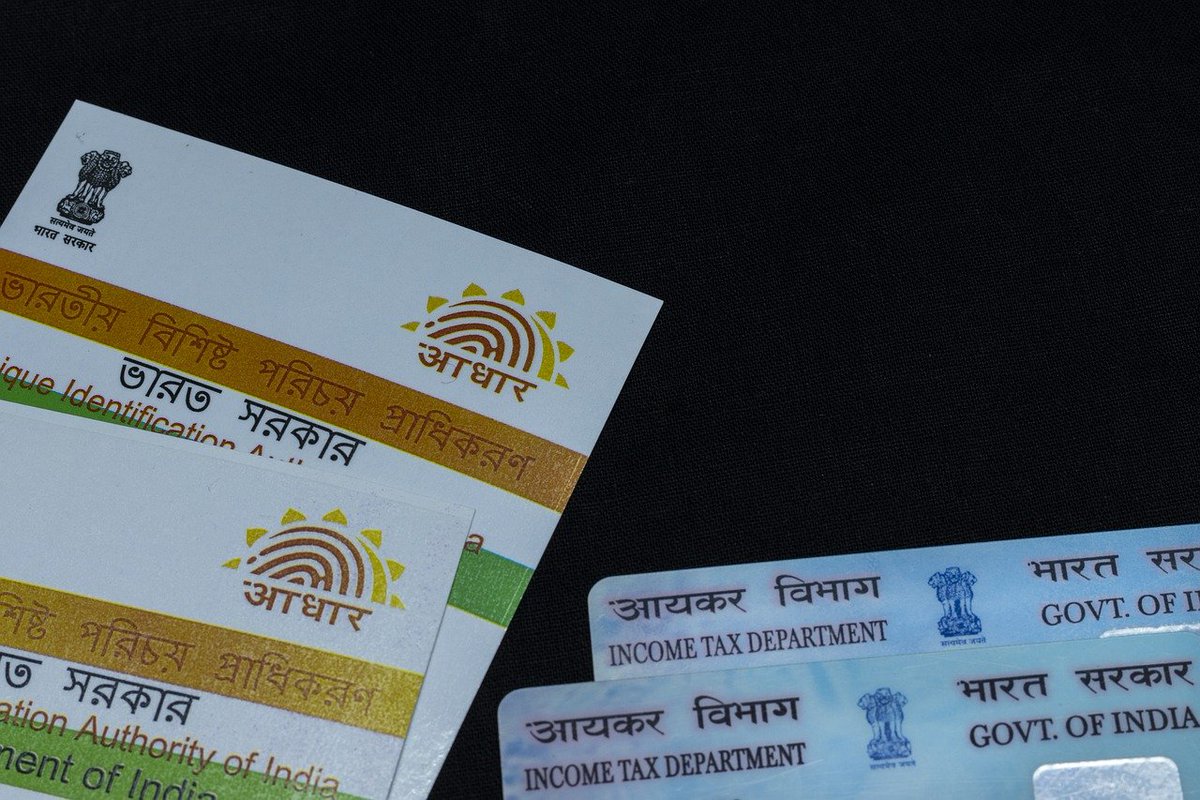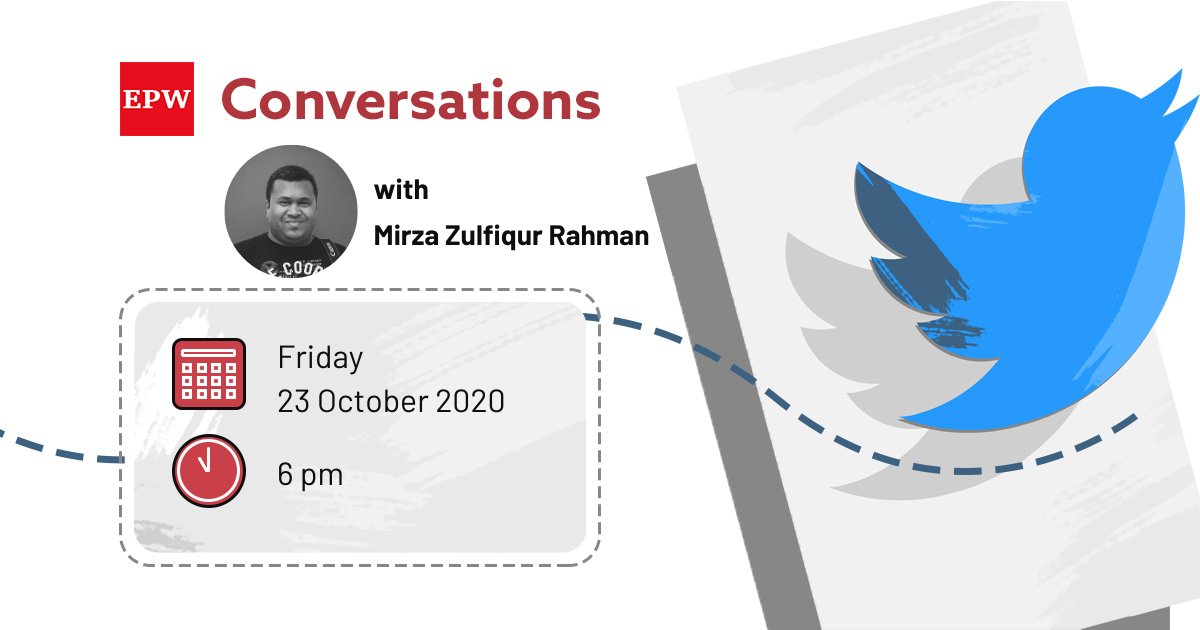
#EPWConversations: We are live with @DrArpitaC, and we invite you to send your questions about international relations and postcolonial feminism. 
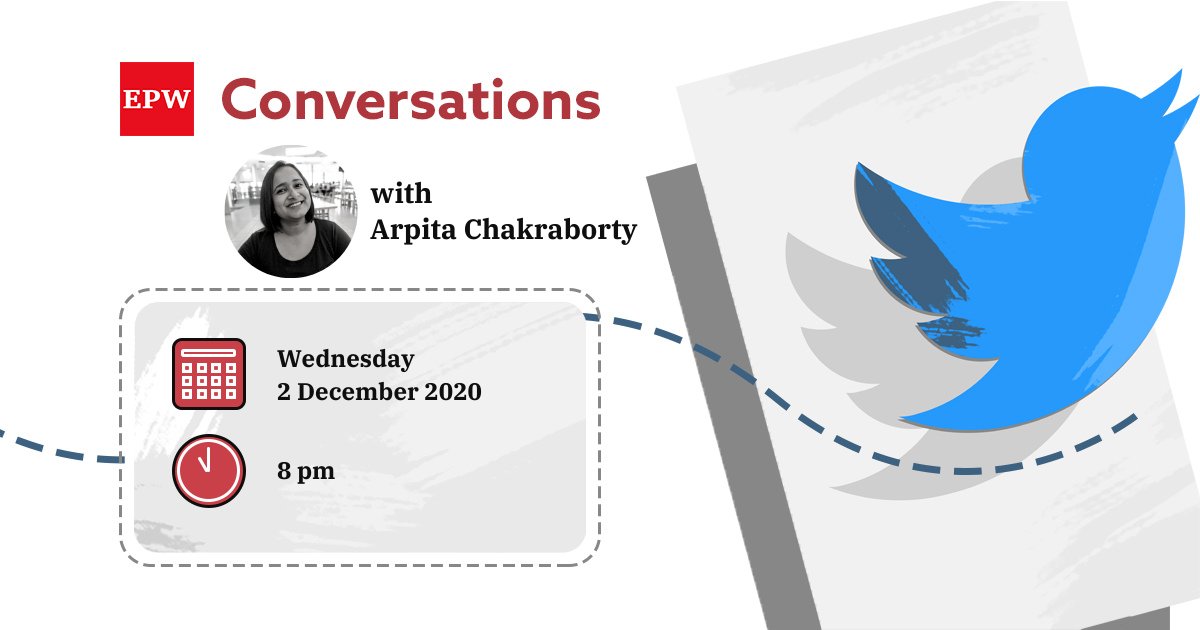
What does the discipline of international relations (IR) look like from the personal perspective of a postcolonial subject living in a first-world nation? IR must distance itself from its Eurocentric & masculine moorings if it is to become “international.” epw.in/journal/2017/2…
There are several pedagogical issues with IR despite decades of critiques from feminist and postcolonial feminist scholars like @swatipash. Most courses on IR continue to have feminism as one class and postcolonial feminism as a footnote in it rather than as a critical lens.
The gendered nature of power structures pervades every strata and aspect of contemporary patriarchal society and manifests itself in state relations, how they are constructed, and how they interact with each other. For more, see @drljshepherd’s book: taylorfrancis.com/books/e/978131…
"Feminists have advanced an alt vision of IR that redefines power as ‘mutual enablement’ rather than domination, & offers normative values of coop, care giving & compromise in place of patriarchal norms of competition, exploitation & self-aggrandizement." cambridge.org/core/journals/…
As Cohn (1996), among others, has shown, knowledge has been central to European civilisation's continued hegemony. The knowledge produced in IR has contributed significantly to the maintenance, propagation, and sometimes destruction of power structures in international society.
A cursory glance at the textbooks of IR & dominant theories taught in its classrooms reveals that the discipline hasn’t been able to comprehend the risk of basing the understanding of “international” on predominantly 3 geographical regions: Europe, North America & Australia.
By not questioning the historical origins of unequal power relations in the international arena, IR has chosen to be ahistorical at the expense of, one dare say, its relevance to a greater part of the “international” population. | @DrArpitaC
To understand IR today, we also need to understand the interplay of different masculinities and how they create various power structures at local and global levels (see the work of @KopanoRatele for more). PFMIR is essential for this: | @DrArpitaC
However, a rich body of feminist work (for example, that of Black feminism and Dalit feminism) has already contested the existence of any coherent shared experience for women; dramatic lines of separation exist between women on the basis of their race, caste, class & nationality.
In the @epw_in article, I highlighted the experiences of state repression, sexual violence, and impunity of armed forces in #Kashmir and North-east India to opine that experiences of women from postcolonial societies can provide nuanced perspectives on IR that are otherwise lost.
Who is this body of knowledge for, after all?
Who needs to understand the relations between states & to what end?
How are the behaviours of states affecting the lives of people living in this world?
How are asymmetrical & hierarchical power
equations propagated & sustained?
Who needs to understand the relations between states & to what end?
How are the behaviours of states affecting the lives of people living in this world?
How are asymmetrical & hierarchical power
equations propagated & sustained?
These are questions that will force theorists of IR to look inward and see who raises the questions they have been answering and how these answers are helpful to them.
| @DrArpitaC
| @DrArpitaC
Postcolonial feminism is not only representative of women in developing countries, it is a theoretical position that advocates an understanding of how state relations have been based on the labour and social exploitation of this subjective position. | @DrArpitaC
From IR perspective, this is not a school of thought, but an active principle that should pervade all its works, no matter what the methodological positions. In order to become a discipline that not only feeds the imperial & neo-imperial needs of superpowers... | @DrArpitaC
...but historically provides a lucid understanding of world affairs from a perspective acceptable to a larger part of the world population, IR today is in desperate need of an overhaul of its basic assumptions and world views. | @DrArpitaC
• • •
Missing some Tweet in this thread? You can try to
force a refresh

